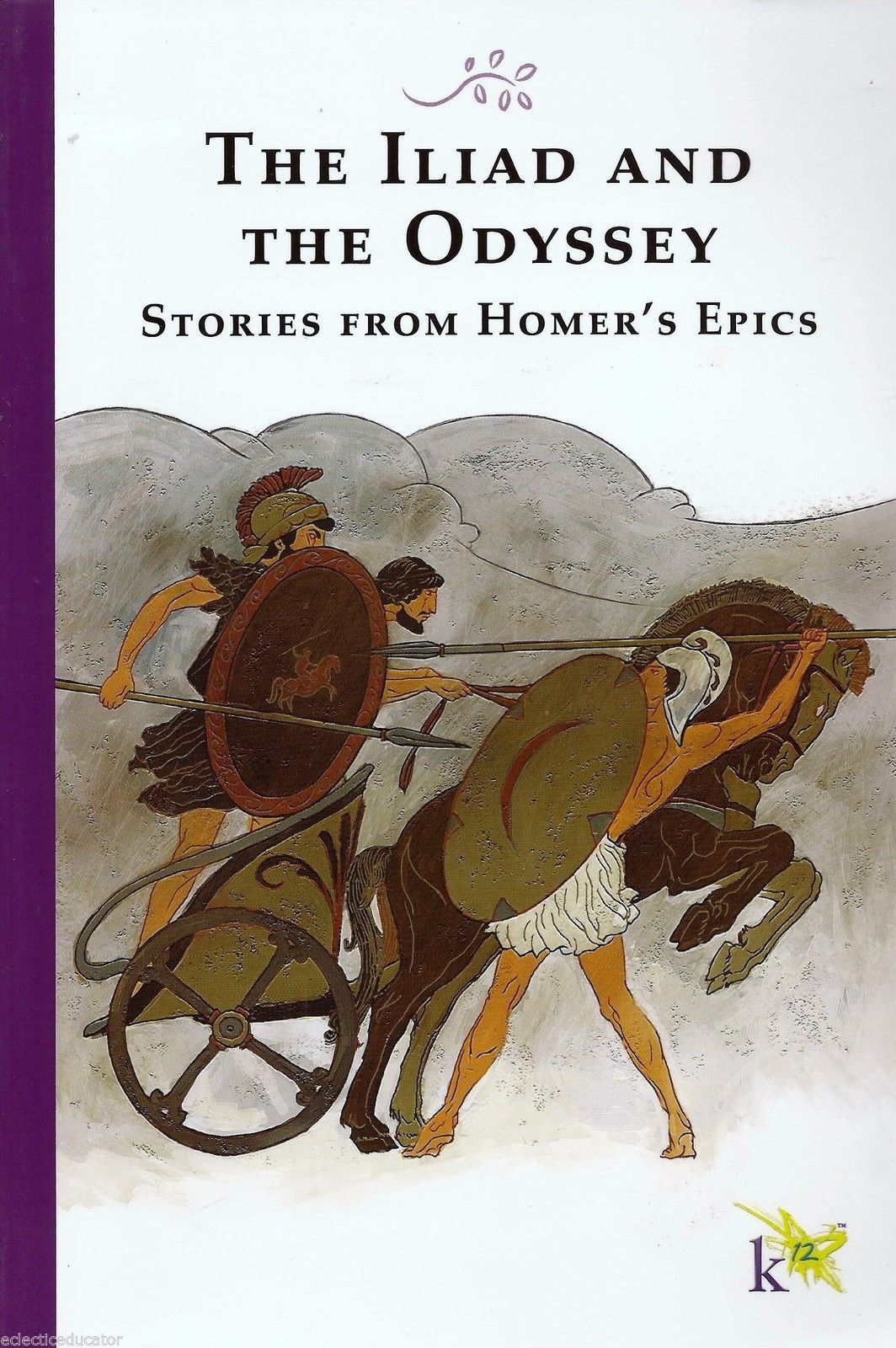

In fact, these two epic poems are the earliest works of Greek literature and thus the cornerstones of all that followed. Scholars may not agree on the origin of the works, but they do agree that The Iliad and The Odyssey have been vastly influential. Ancient biographies of this man paint an interesting picture: he was blind, he was the son of a nymph, he was a wondering bard and he died by drowning in mud when he was unable to solve a riddle posed to him by some fishermen… Some believe the poems grew out of an oral tradition some believe they were authored by multiple people some believe they were indeed written by one man, Homer. Given that The Iliad and The Odyssey were written in the late 8th or early 7th century BC, it’s understandable that who exactly Homer was isn’t crystal clear. In fact, it’s a scholarly question much debated through the ages, known as the Homeric Question. Know Homer’s The Iliad and The Odyssey, and you know the foundation for many of the classic stories of Greek mythology that are told still to this day.įirst, who was this Homer? This is not as simple a question to answer as you may expect. This epic poem, along with its sequel, The Odyssey, is one of the key literary sources for Greek mythology.

As the book title suggests, mythology is a key inspiration hence I chose this quotation from The Iliad by Homer. So reads the epigraph of my new novel, Aphrodite’s Tears. “There is the heat of Love, the pulsing rush of Longing, the lover’s whisper, irresistible – magic to make the sanest man go mad.”


 0 kommentar(er)
0 kommentar(er)
